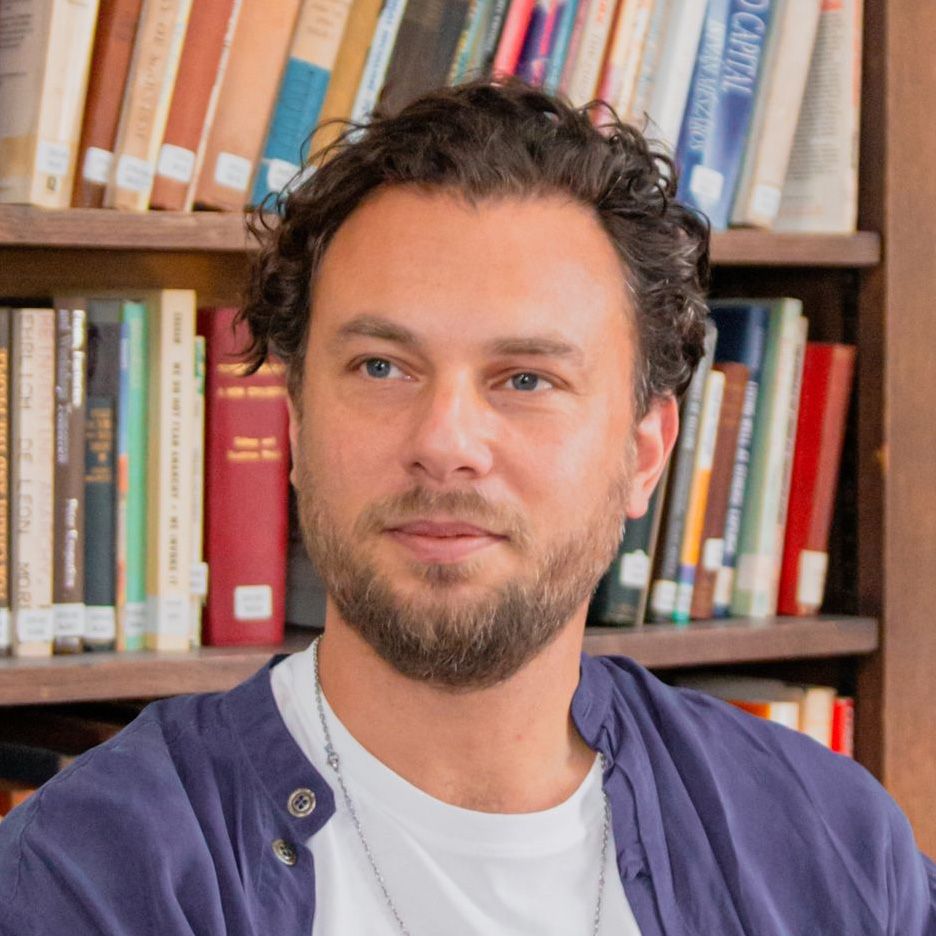Leor Roseman

Leor Roseman is a Senior Lecturer and Psychedelic researcher at the University of Exeter, and a Fellow of the Huxley Foundation. He has previously worked at the Centre for Psychedelic Research, Imperial College London, under the mentorship of Prof. Robin Carhart-Harris and Prof. David Nutt, supporting the foundational work of a remerging research field. His interdisciplinary research covers neuroscience, psychology, phenomenology, anthropology and conflict resolution, using various research methods such as fMRI, quantitative, qualitative, microphenomenology, ethnographic, and participatory research. Leor co-developed and teaches the new Master’s degree – Psychedelics: Mind, Medicine and Culture. Also, Leor co-founded Ripples – a non-profit dedicated to peacebuilding supported by psychedelics.
How Psychedelic Spread: The Sociopolitical Dynamics of Psychedelic Diffusion
When asked what psychedelics do, most answers focus on their biological or phenomenological qualities. But what about asking how psychedelics spread?
By trying to answer how psychedelics spread, what is revealed is the dynamics through which they excite us - their revelatory quality can lead to (revolutionary) enthusiasm. Subjects, in fidelity to a revelation, seek to give meaning to the experience and to proliferate the substance. This fidelity is the key mechanism of action through which psychedelics spread. Yet, any act of diffusion happens within a specific sociocultural situation. In fidelity to the revelation, the subjects connect the memes, ideas, beliefs, and practices of the situation with the substance while proliferating them. This means that proliferation is usually bounded within specific situations, and cultural tensions might also rise.
I will present – graphically - the different steps through which psychedelic substances spread. The theory draws from my work within the psychedelic renaissance, from ayahuasca groups of Israelis and Palestinians, and from diverse historical accounts such as the early Peyote movement, Santo Daime, 60s psychedelia, medicalisation and more. By doing so, the talk will provide a supra-perspective on the current state of ‘the movement/s’ and give a glimpse of what the future might look like.